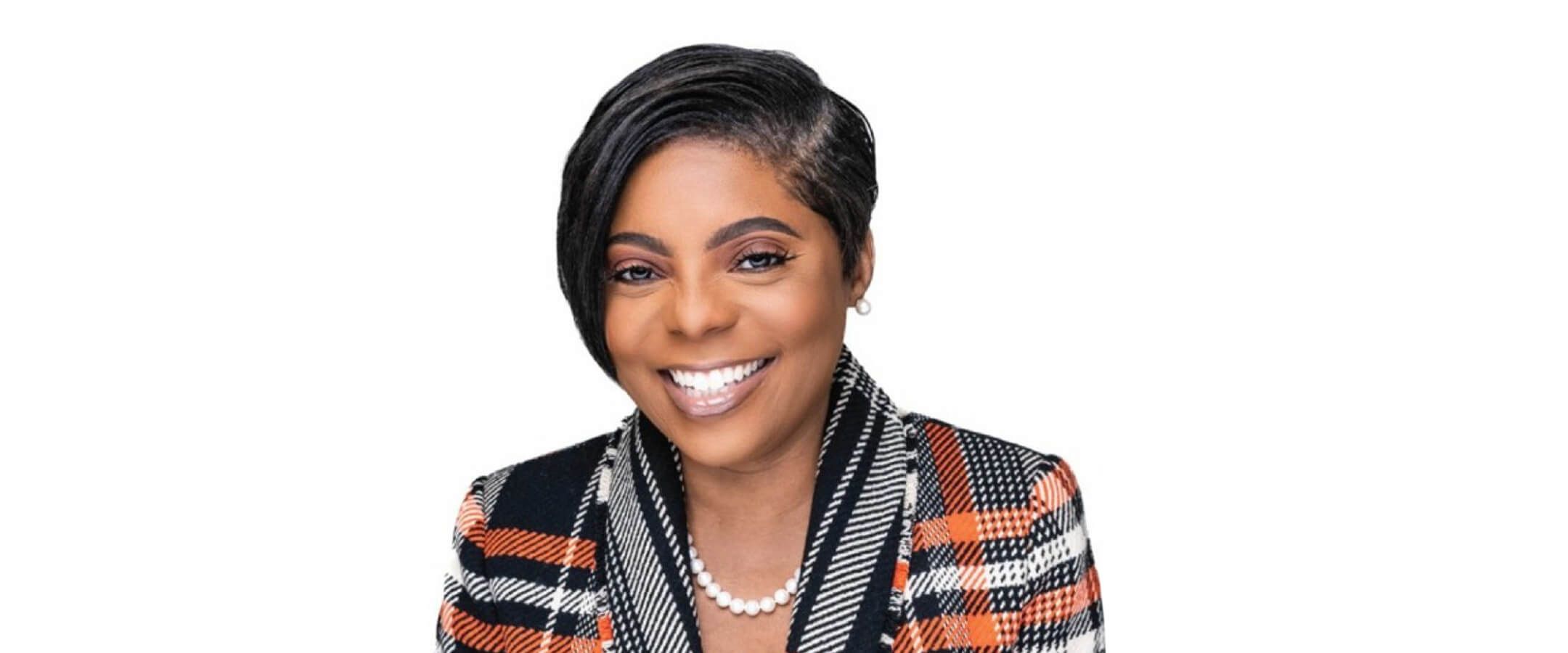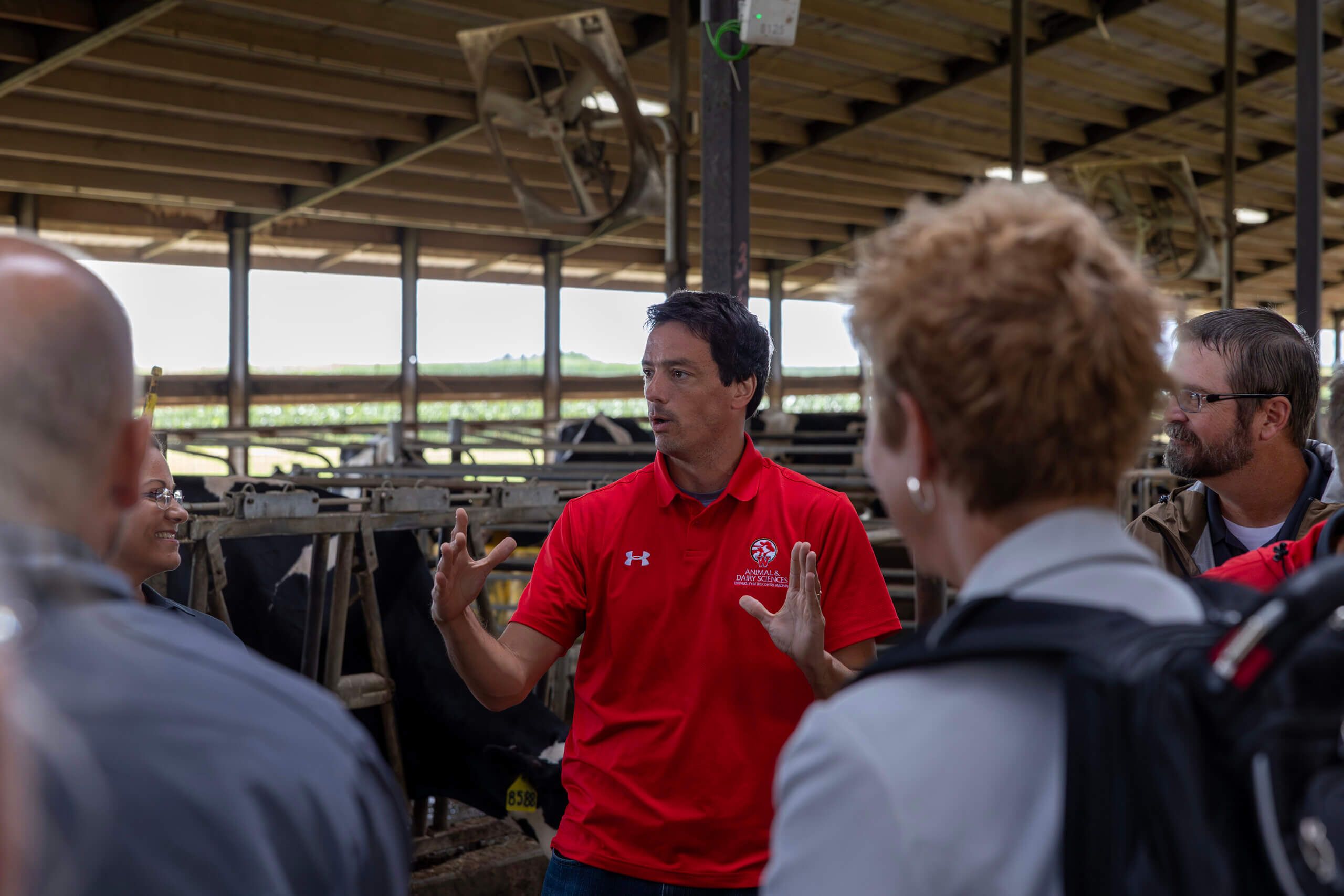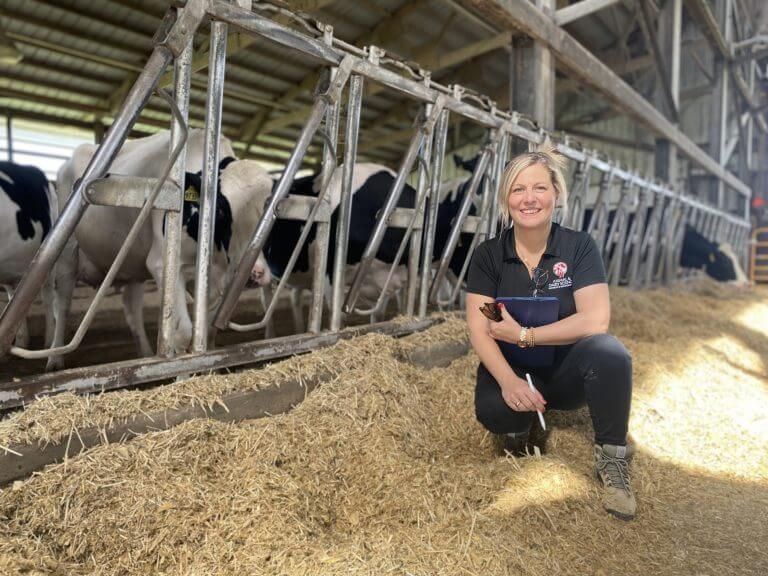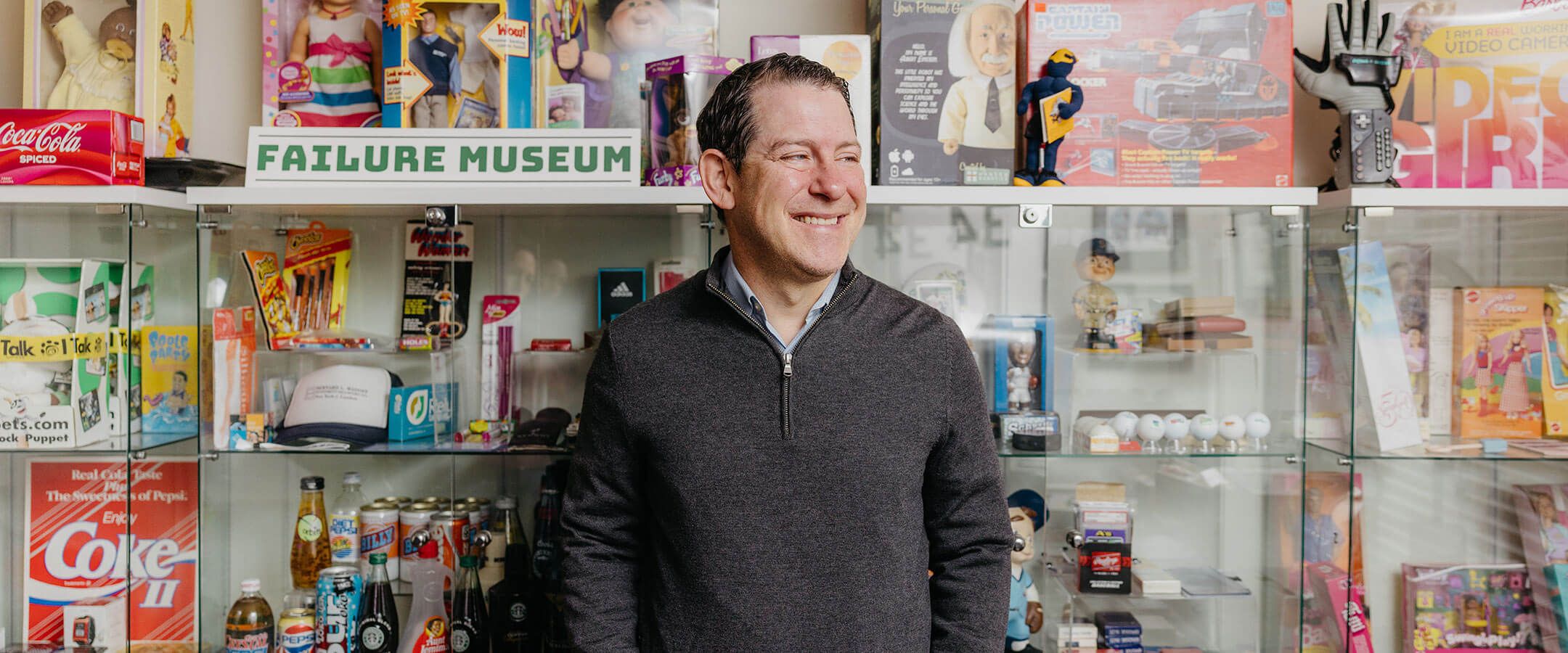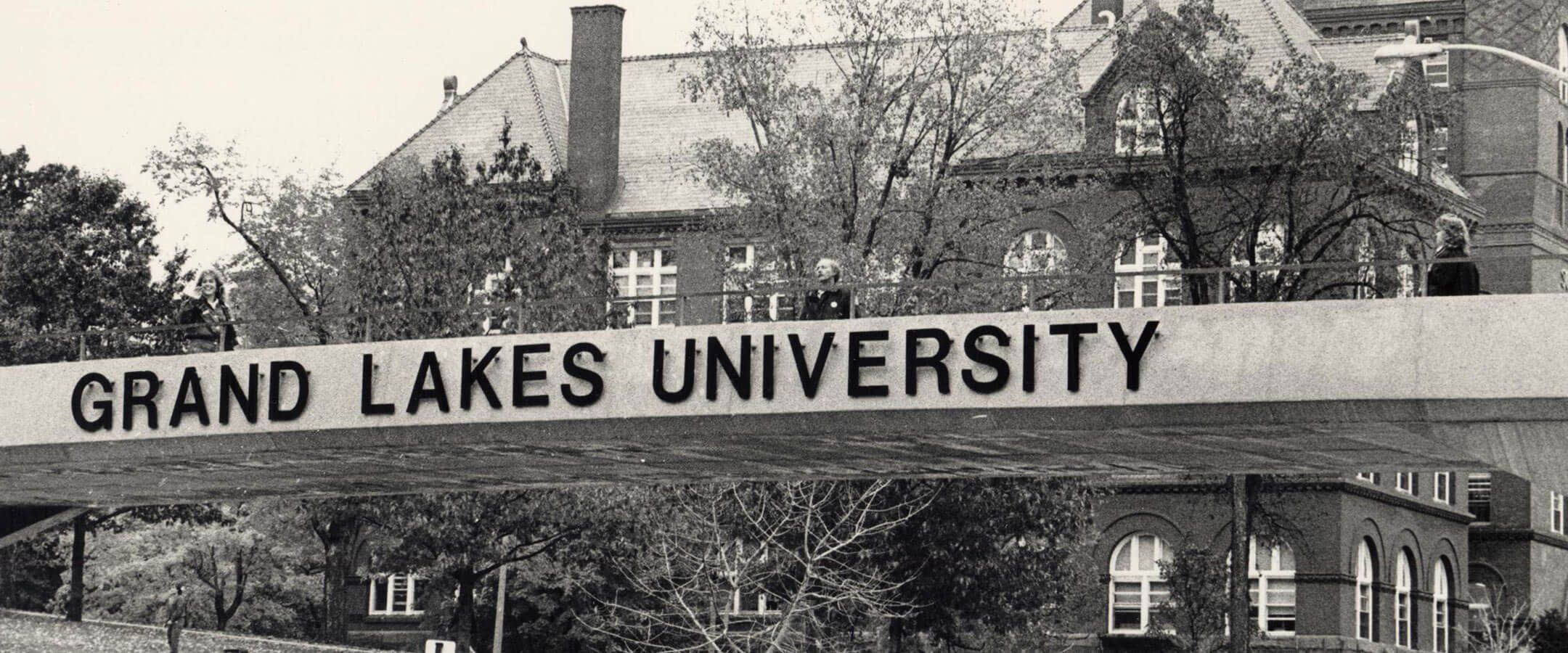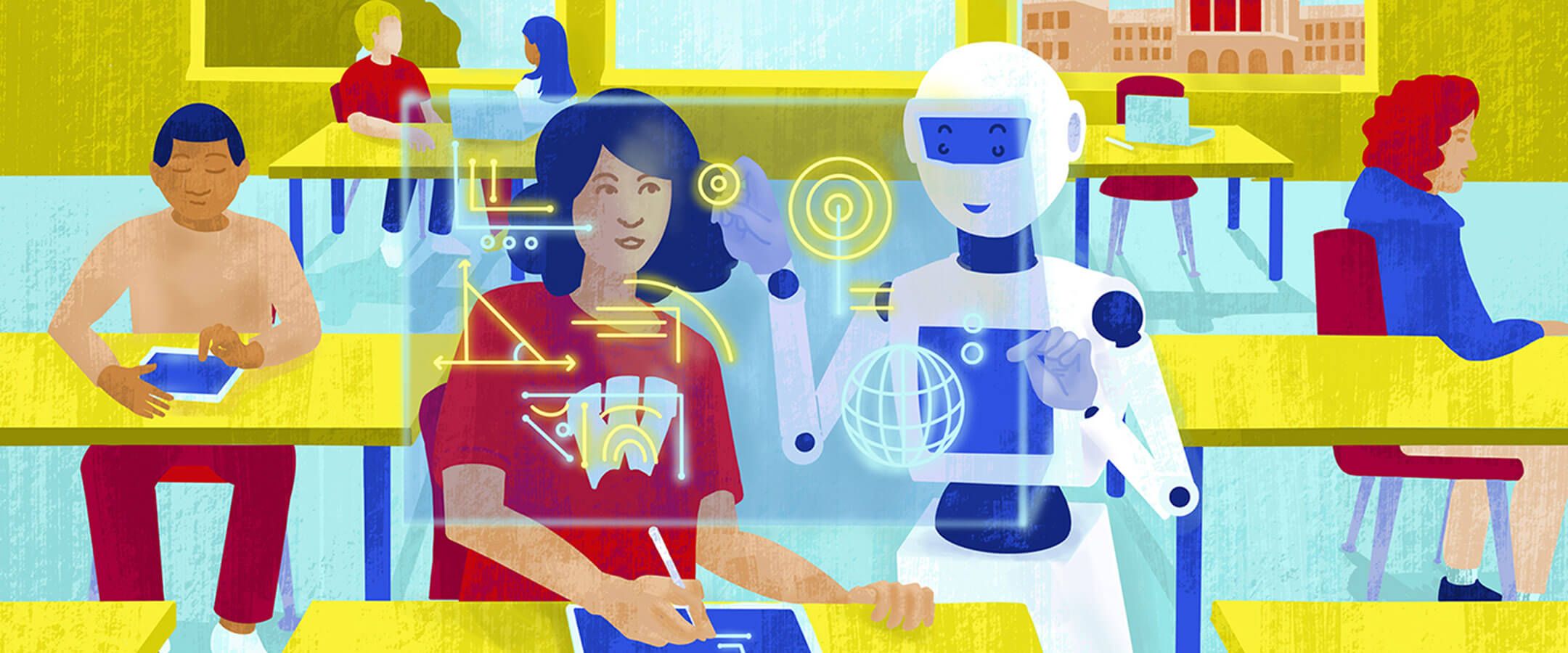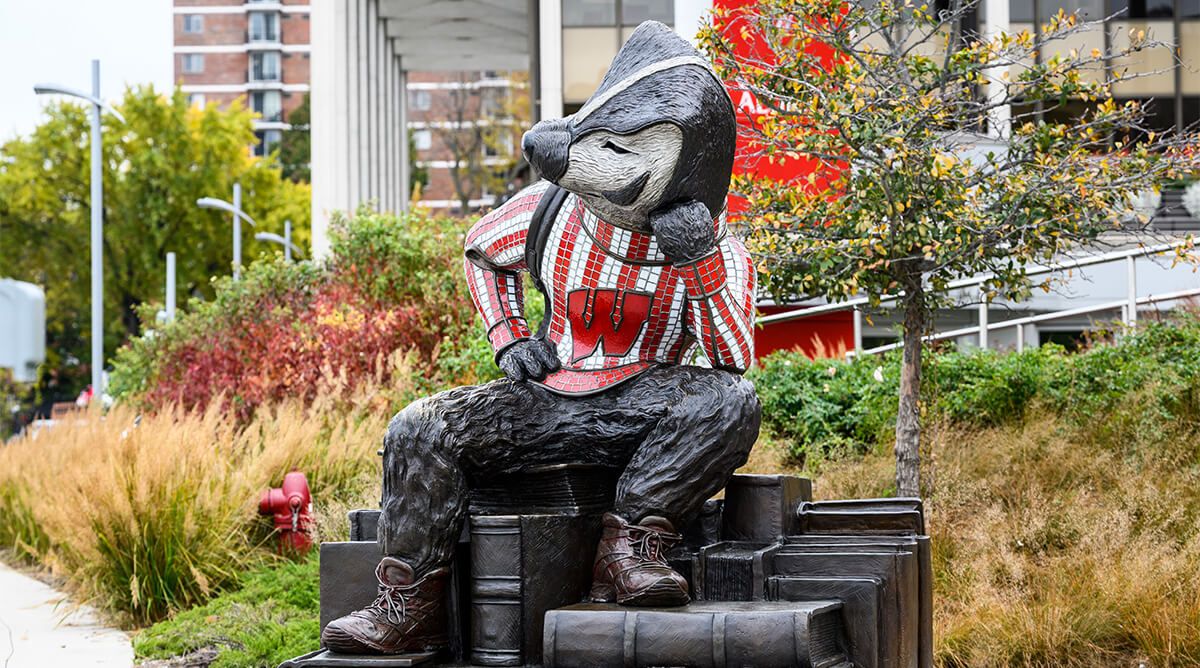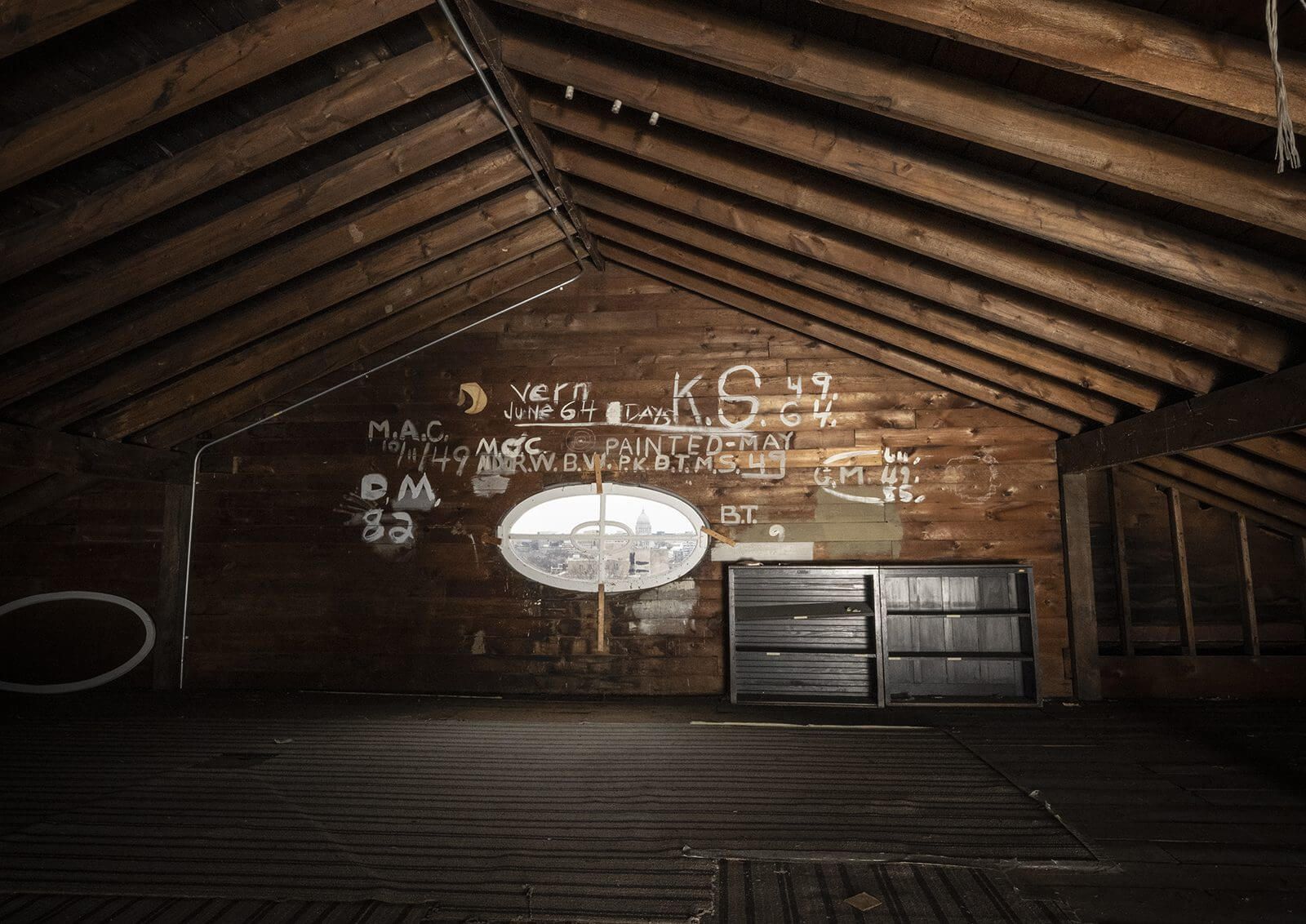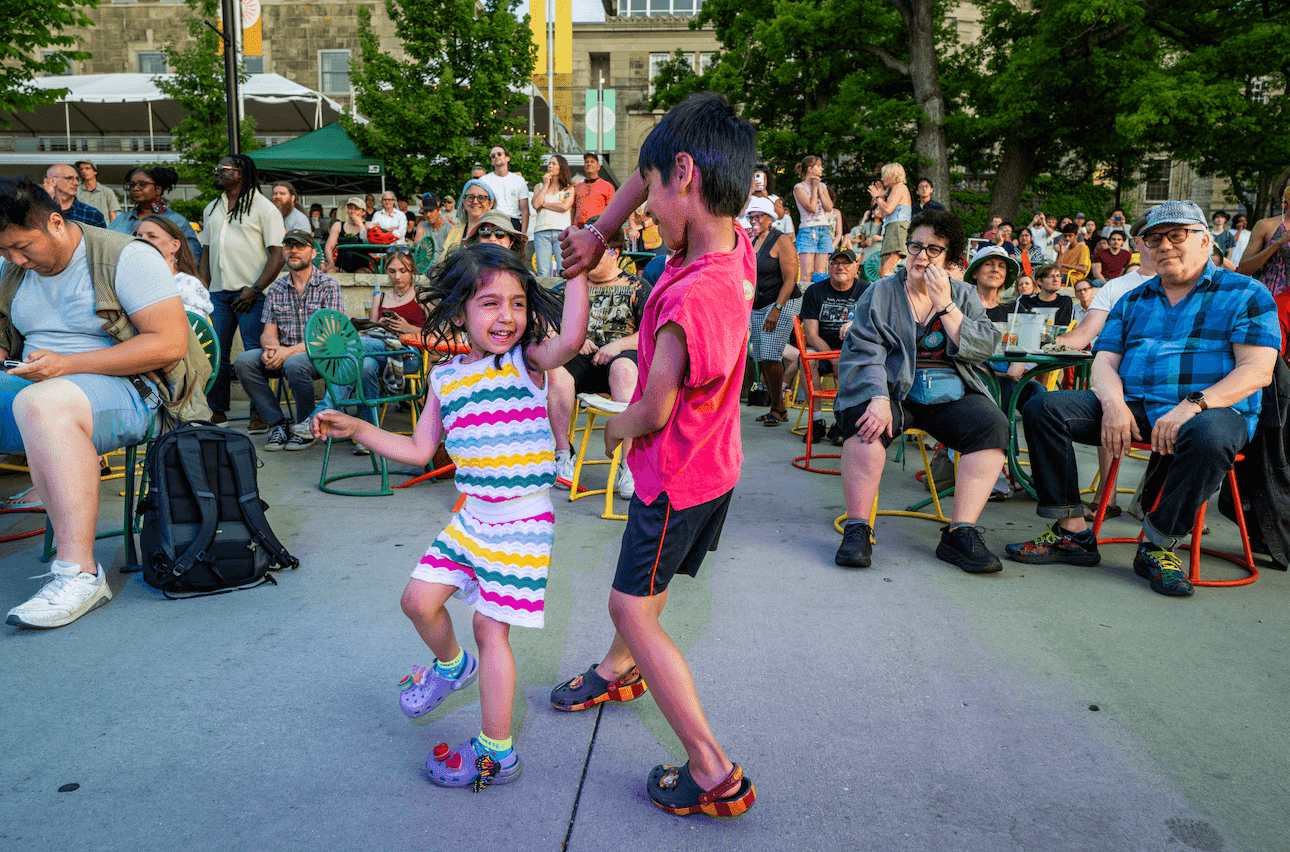Vanessa McDowell-Atlas ’03 has dedicated her career to improving the city she’s called home her whole life. A born-and-raised Madisonian, McDowell-Atlas is part of an extensive family of Badger alumni, including her mother, Candace McDowell ’73, the founding director of UW–Madison’s Multicultural Student Center, and father, Charles McDowell ’77, president of the Wisconsin Alumni Association from 2003 to 2004. Although coming to the UW felt natural, deciding what to study didn’t come as easily. “I’ve always been a person, even from a young age, that wanted to help the underserved and those that I felt weren’t given a voice,” she says. “I started asking questions about what kind of field would that be and found out [that] sociology would be a good fit.” After graduation, she began a career in human services that included roles at Madison’s historic Mount Zion Baptist Church, the UW’s Wisconsin Equity and Inclusion Laboratory, and YWCA Madison. “I knew I wanted to work somewhere in making change when it came to racial and social justice,” says McDowell-Atlas.
In 2017, she was named the first Black female CEO of YWCA Madison, and she has led a team dedicated to serving the Madison community through action ever since. YWCA Madison operates housing, job training, and educational programs to help ensure social and economic support for individuals, along with gender and racial equity for society.
After leading the organization as it navigated a move, redefined its core values, and survived a pandemic, she announced in January 2024 that she’d be making a transition of her own. Read from McDowell-Atlas as she shares her journey at YWCA Madison and what the future holds for her in her new role as chief operating officer of Black Girl Ventures.
You joined YWCA in 2014. How did you go from working with support services to leading the entire organization?
It wasn’t in my plan at all to be the CEO. I entered YWCA Madison at a place that I thought was perfect for me, which was to be the Supportive Services Director in the housing department. I got to really build relationships with the residents that live in our downtown building. Then, the CEO needed support in managing the direct service programs that we had going on, and she asked me to be the Chief Programs Officer. I became the overall head of the direct service programs, and I got a broader sense of the organization and got to build more relationships with the folks that we serve, which was great. When she said, “I’m leaving, and I want you to be the interim,” that wasn’t ever in my plan. However, I said, “Well, sure, I can fill in until we find somebody permanent.”
When they asked me if I wanted to put my hat in the ring for the permanent position, I really struggled because I knew I would be the first Black woman, first woman of color, to lead the organization in its entire history of 108 years, which is a heavy lift and a heavy responsibility. I wasn’t sure that I was up for it, and I was questioning a lot of things at the time. I was talking to my parents and trying to have them give me some guidance on the decision and realized that when my mom started at the Multicultural Student Center, she was the interim and then became permanent, and she was making that decision at the same age that I was making the decision. So, I decided to put my hat in the ring and the rest is history.
You became CEO at a time of transition for YWCA. What obstacles did you have to overcome when you started?
One of the things that I encountered when I first took this role was our relationship with communities of color in Madison. We were known as the white woman’s organization who served communities of color, but our leadership didn’t represent who we served. I spent about two years internally thinking, “Who are we as YWCA today? Who do we want to become?”
We came up with four values: humanity, community, growth, and restoration. This happened right before the pandemic, so we had to actually live our values of humanity — seeing each other, being in community with each other, having growing pains of trying to figure it out, and then giving each other grace.
When you’re comfortable, the status quo continues. But when you start getting uncomfortable and start having to think and start getting challenged, that’s where change can happen. I’ve really been intentional with my personal voice in leading this organization around challenging Madison. I feel like I have stock in my city because I was born and raised here, and I want to see my city do better and be better. I’m going to continue to challenge the things that I see that we face every day, and particularly, I face every day as a Black woman in Madison, Wisconsin.
What is the empowerment model you use at YWCA?
Empowerment for me means we’re walking alongside of folks so that they can have the tools and resources they need to succeed in their own way and achieve what success looks like to them. Oftentimes, nonprofits come in with this charity model and thinking that they know better than the person what that person needs, which is hugely problematic. I always tell people, put us out of business. That’s the goal, right? That people no longer need us, that we’ve given the tools and the resources that they need [so] that they can walk on their own. Our goal in all our programs is to be able to provide opportunities for individuals to go to that next place that they want to go to in their lives.
You’ve announced you’ll be leaving YWCA to become the chief operating officer of Black Girl Ventures. What interested you about the organization?
I’m honored to accept the position and am excited to work for another Black woman who has a vision of helping Black and brown women business owners have social and financial capital. I think that’s hugely important that we’re supporting small businesses, particularly those of Black and brown women. They do pitch contests across the country and are connected with a lot of large organizations that help bring social and financial capital to these individuals. I’m excited to be able to support this vision, and I am in this point in my life where I’m excited to support a CEO instead of being the CEO.
As you look back on this chapter of your career, what are you most proud of?
One of the things that I’m most proud of is the transformation we’ve had as an organization in terms of who we are and how we serve our community. We are not perfect, but we’re definitely not where we used to be. I am hugely proud of the wonderful team of staff I have that are so dedicated to the work of serving our community in a real way, not for accolades. They work hard every day to try to support the individuals that come through our doors. I’m excited for where the Y continues to go under Gery Paredes Vásquez’s leadership as she takes on the interim CEO role.
I’m also proud of the voice that YWCA Madison continues to have in this community. People look to us for guidance [and] look to us for our voice and what we have to say about certain issues. I’m proud of the growth of our racial justice summit and how we have grown our city’s understanding and commitment and action regarding racial justice. I’m proud of the housing opportunities that we’re able to provide to our community. I have so many stories of participants who stop me, even when I’m out on a weekend sometimes, just to share the impact that YWCA has had on their lives. Those are a few things that I’m proud of.
